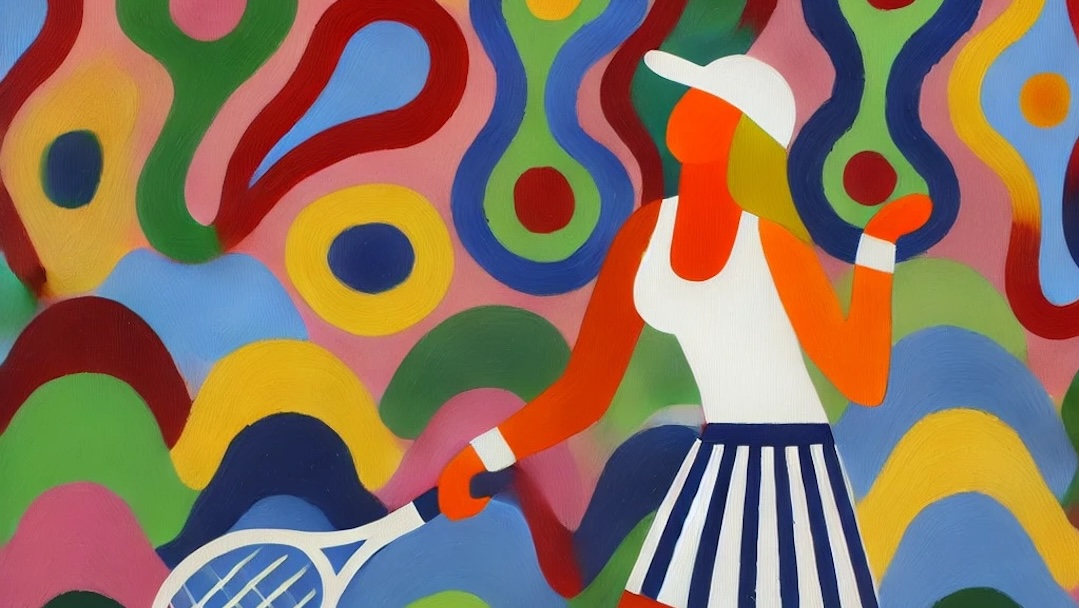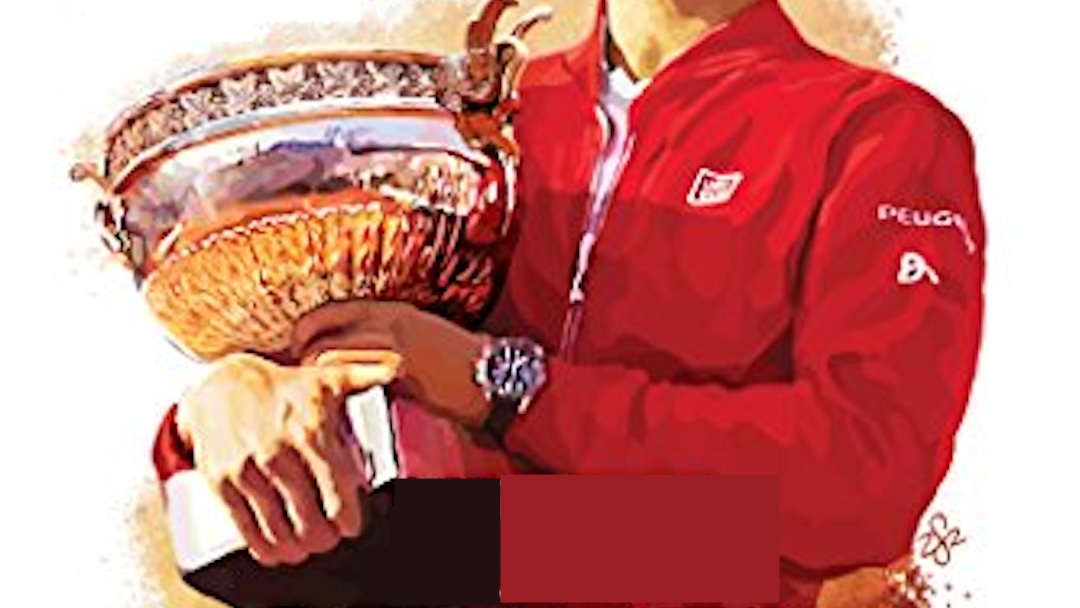Tennis Hits the Books
“All In: An Autobiography” of Billie Jean King was the most anticipated tennis book of 2021 for me. As the most impactful female in the history of athletics, there are already several biographies previously published on her life. It might be tempting to assume that the story of Billie Jean King has already been exhaustively told. However, even when revisiting events documented in previous sources, All In brings a fresh perspective and additional color to all that transpired. With All In, we finally have the definitive book about the life of Billie Jean King.
Many of the earlier accounts of her life were written with an agenda. In the early days of Billie Jean King’s playing career, books about her were written to promote the fledgling women’s professional tennis tour. Later, versions of her life story were written in response to personal crisis and for publicity management. All In revisits those topics with a fresh perspective resulting from the separation of time. The book also greatly benefits from the fact that there is no longer any need to manage her image. All In is Billie Jean King as her most authentic self.
In the forward to the book, Billie Jean King observes that sometimes she was her own biggest opponent. The press frequently portrayed her as angry which led to the same public perception. Determined is probably a better word. Her personal struggles transcend what has previously been recounted and is particularly poignant as mental health is currently front and center as a pressing topic in women’s tennis. All In covers treacherous and challenging territory that was absent from previous sources. Billie Jean King’s triumphs are all the more compelling when presented against the backdrop of the turmoil in her life.
One of the most surprising revelations of All In to me was the impact of her conservative religious upbringing on her attitudes. The Reverend Bob Richards had a profound influence on her childhood that extended into early adulthood. Billie Jean King professed surprise later in life when Reverend Richards gravitated toward extremest right wing politics that were contrary to the message of tolerance that she understood as a child. It was much later in life before she started to question some of Richard’s scriptural interpretations on the role of women in society.
As evidenced by an essay that Billie Jean King wrote as a high school sophomore, she envisioned a very traditional future role for herself. It was reflective of the gender norms of the time. That essay included marriage and a lot of children. She also wrote that her future self would be very happy that she didn’t turn out to be a tennis bum.
All In contains tantalizing vignettes revealing conventional wisdom about tennis training in her era. For example, it was common practice to treat muscles with heat rather than ice. Additionally, Billie Jean King was an early adopter of positive visualization. She embraced the he Psycho-Cybernetics movement, which is a system of conditioning brains for success. In modern times that concept is standard practice for many professional tennis players and world-class athletes.
Billie Jean King’s clashes with Perry T. Jones, Jack Kramer, and the USLTA are documented in much greater personal detail than I have encountered in any other source. Last week I wrote about how astonishing and magnanimous it was when the USLTA named the National Tennis Center, the site of the US Open, in her honor. Billie Jean King describes the dedication ceremony in great personal detail. All In also describes how that she eventually was restored to speaking terms with Jack Kramer after being accidentally seated next to him at a dinner party. As it turns out, Kramer’s viewpoints on gender equity progressed significantly following the birth of his granddaughter.
At the end of a review of the book “Game, Set, and Match,” I observed that Billie Jean King’s life was the manifestation of an implicit challenge to do more. That work portrayed her life as an unfinished agenda. All In: An Autobiography of Billie Jean King is an attempt to bring closure to her story on her own terms. The book culminates with a powerful appeal for others to carry on her legacy. It is uplifting, inspiring, and a mandatory read for all tennis fans.
 | All In: An Autobiography |



